EFF Vows to Fight Back Against U.S. Site Blocking Bills
After a long hiatus, site blocking proposals have resurfaced in the U.S. Congress. The Electronic Frontier Foundation (EFF) strongly opposes these plans, condemning site blocking as ineffective against piracy but still a censorship tool that poses a serious threat to the open internet. The group is mobilizing public opposition, while drawing attention to the fierce SOPA battle that took place over a decade ago. From: TF, for the latest news on copyright battles, piracy and more.

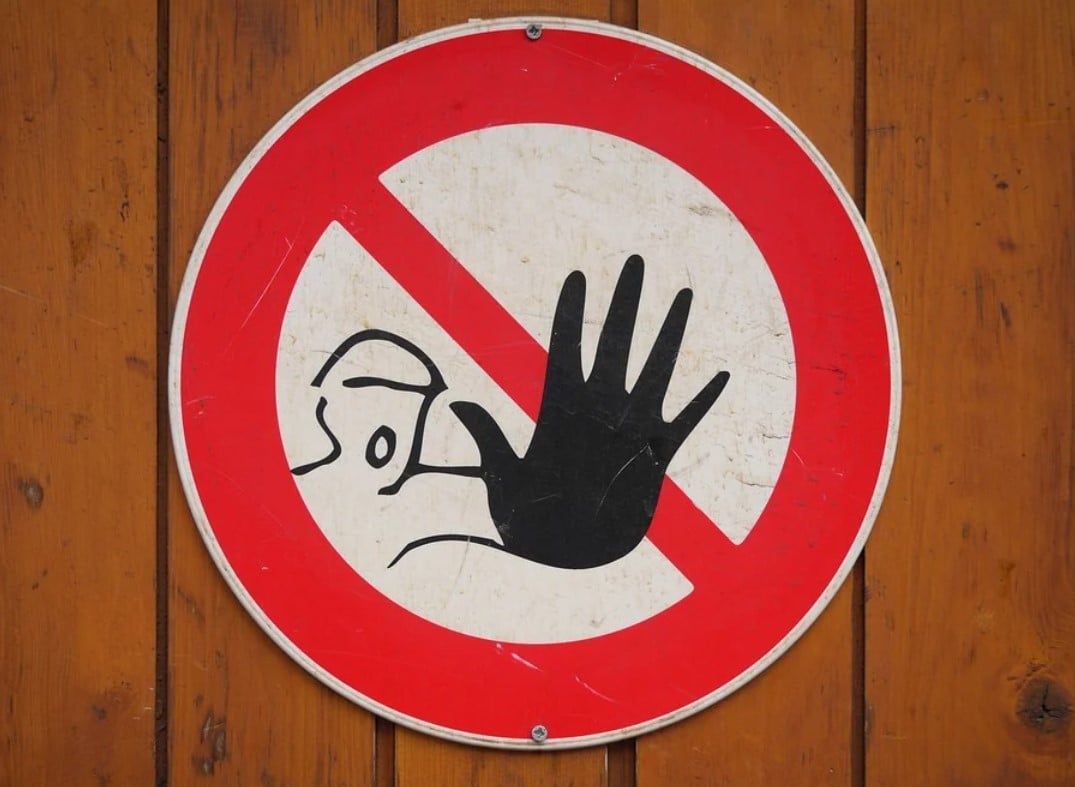 After a decade of focusing efforts overseas, the push for website blocking has landed back on American shores.
After a decade of focusing efforts overseas, the push for website blocking has landed back on American shores.
The fierce backlash against SOPA effectively shelved domestic site blocking initiatives in the U.S., but that hesitation appears to have evaporated.
With Representative Zoe Lofgren’s introduction of the Foreign Anti-Digital Piracy Act (FADPA) in February, the controversial mechanism of court-ordered blocking against foreign ‘pirate’ sites is no longer just a foreign issue; on The Hill it’s a hot topic once again.
Should the proposal become law, FADPA would enable rightsholders to restrict access to verified pirate sites, run by foreign operators. Site blocking orders would apply to both Internet providers and public DNS resolvers.
Lofgren’s bill received broad support from rightsholders and other lawmakers are showing interest as well. According to reports, U.S. Rep. Darrell Issa is working on a second site blocking bill, which could increase political momentum.
EFF: Site Blocking is a Terrible Idea
When U.S. site blocking legislation was first introduced fourteen years ago, these measures were still a novelty. Since then, however, dozens of countries have implemented formal blocking procedures, some more strict than others.
That doesn’t mean that site blocking lacks opposition. In the United States, the Electronic Frontier Foundation (EFF) says it will fight back against the renewed push in favor of blocking, decrying the proposals as a “terrible idea”.
“These new proposals would let rights holders get federal court orders forcing ISPs and DNS providers to block entire websites based on accusations of infringing copyright. Lawmakers claim they’re targeting “pirate” sites—but what they’re really doing is building an internet kill switch,” EFF’s Joe Mullin writes.
The EFF sees the site blocking proposals as a threat to the free and open internet. This critique is grounded in the risk that legitimate sites could find themselves blocked as collateral damage if they share IP-addresses or hosting with pirate sites.
These concerns are not hypothetical. Recent events have shown that site blocking measures still affect legitimate sites, such as when Google Drive and Cloudflare-linked sites were taken offline in response to Italian blocking demands.
Site Blocking Doesn’t Work
According to EFF, site blocking is both “dangerously blunt” and “trivially easy to evade”. People can use VPN services to evade blocking measures, for example, or switch to alternative DNS resolvers that are not subject to blocking restrictions.
The group doesn’t see site blocking as an effective tool to curb piracy, but as a broader effort to institute a censorship regime.
“Site-blocking legislation is an attempt to build a new American censorship system by letting private actors get dangerous infrastructure-level control over internet access,” Mullin warns.
At this stage, little is known about the technical implementation of the proposed site blocking efforts. Rightsholders know that it’s not going to solve their piracy problem, but they argue that it’s better than doing nothing.
Reviving the U.S. Site Blocking Protests
Pushback against the site blocking proposals was expected, but it will be difficult to equal the massive opposition against SOPA in 2012, which turned into a global Internet protest.
EFF is committed nonetheless and Mullin gladly reminds lawmakers of this ghost of the past.
“The question is whether lawmakers remember what happened the last time they tried to mess with the foundations of the open web. If they don’t, they’re going to find out the hard way. Again,” he says.
“Site-blocking laws are dangerous, unnecessary, and ineffective. Lawmakers need to hear—loud and clear—that Americans don’t support government-mandated internet censorship. Not for copyright enforcement. Not for anything.”
Similar to thirteen years ago, EFF has set up a dedicated page inviting members of the public to reach out to their representative in Congress, to share any concerns they may have.
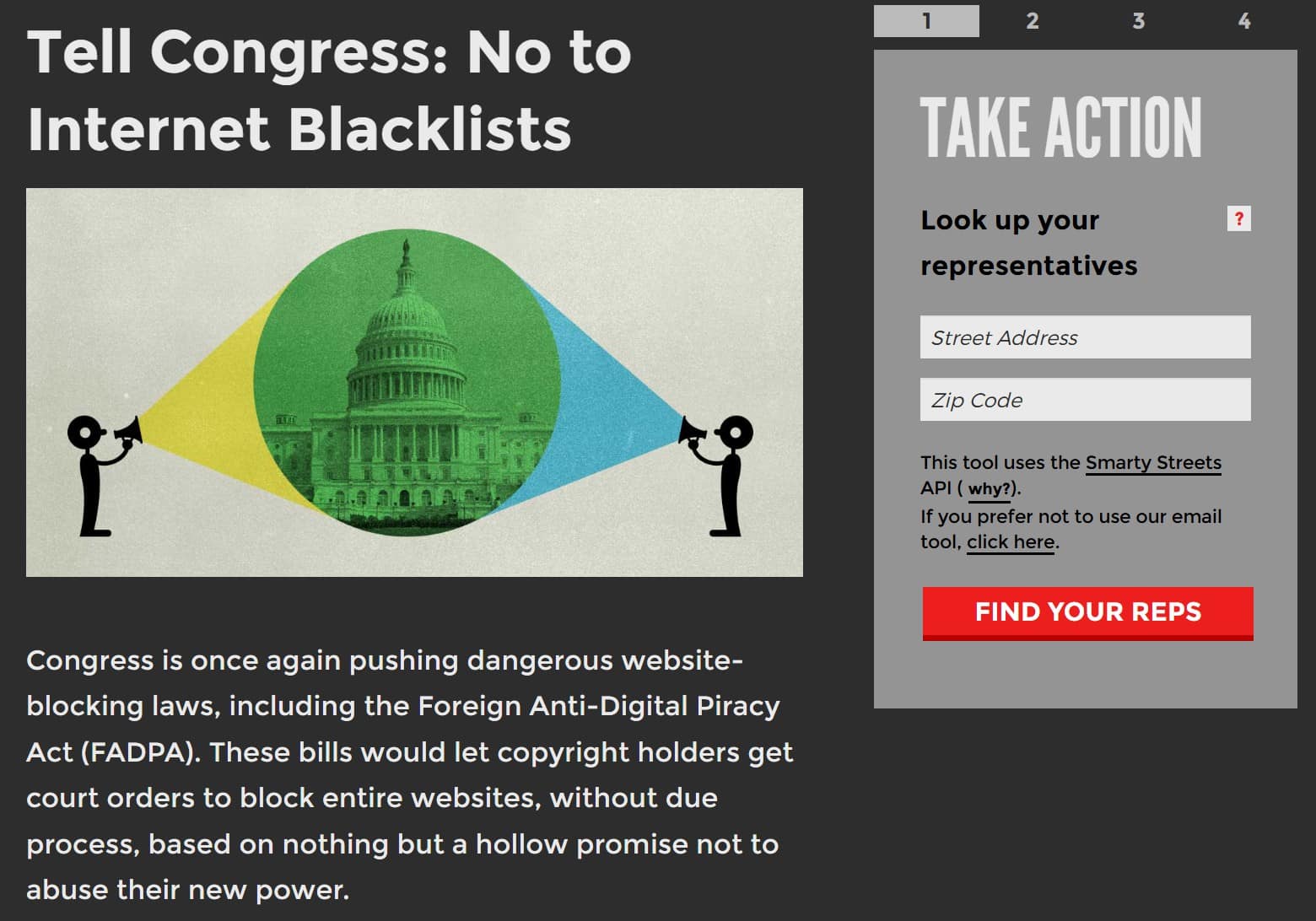
From: TF, for the latest news on copyright battles, piracy and more.










































































































































































![[The AI Show Episode 142]: ChatGPT’s New Image Generator, Studio Ghibli Craze and Backlash, Gemini 2.5, OpenAI Academy, 4o Updates, Vibe Marketing & xAI Acquires X](https://www.marketingaiinstitute.com/hubfs/ep%20142%20cover.png)
















































































































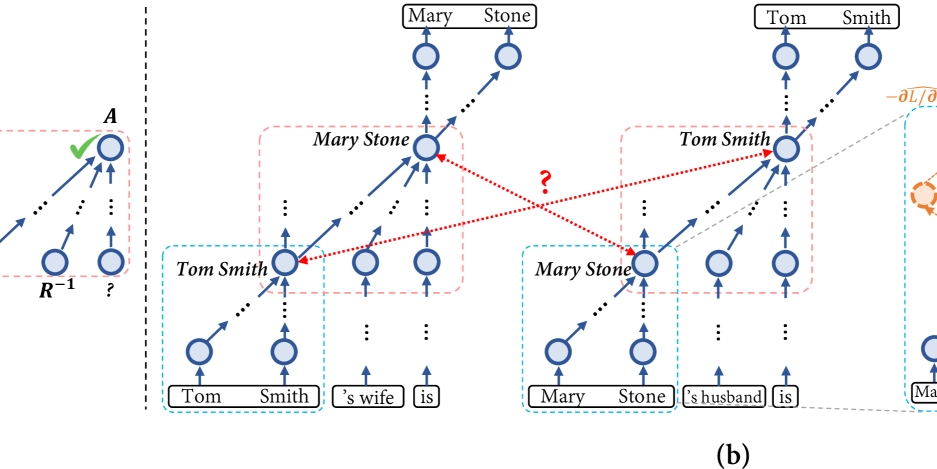

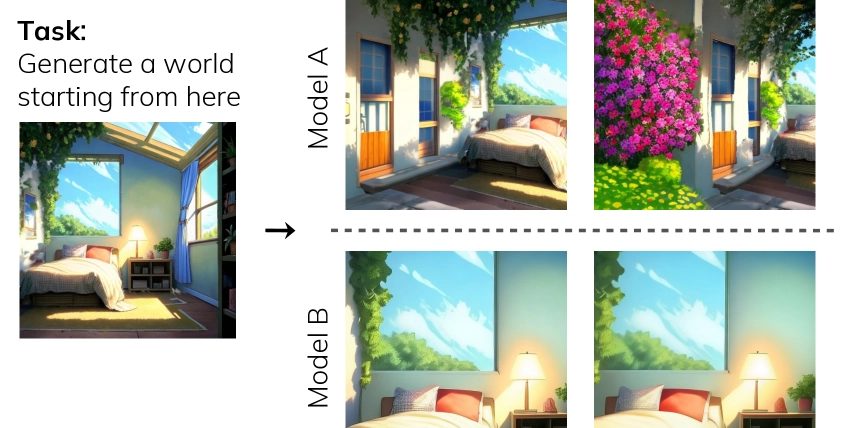



























































































































.jpg?#)



























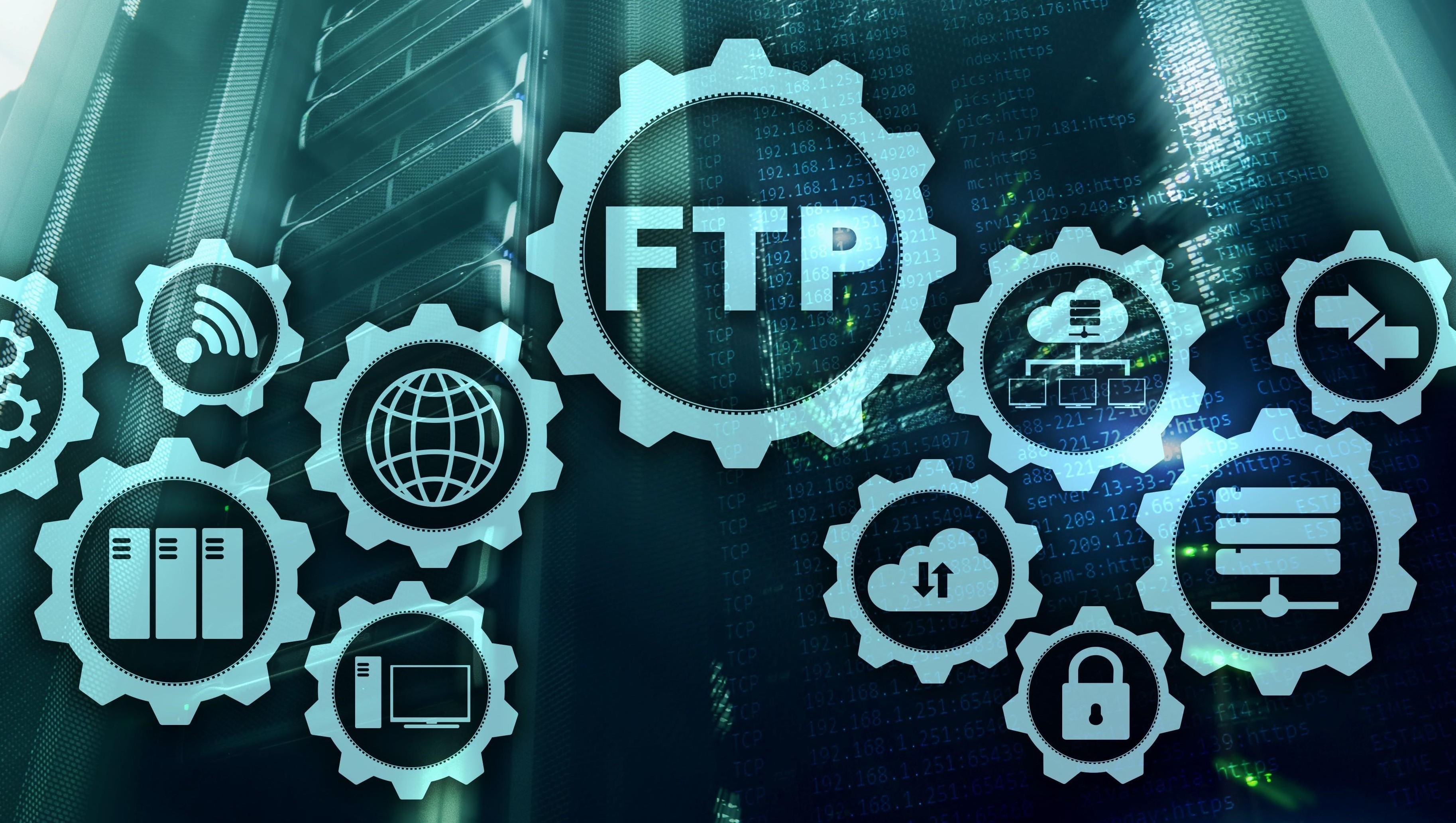













































































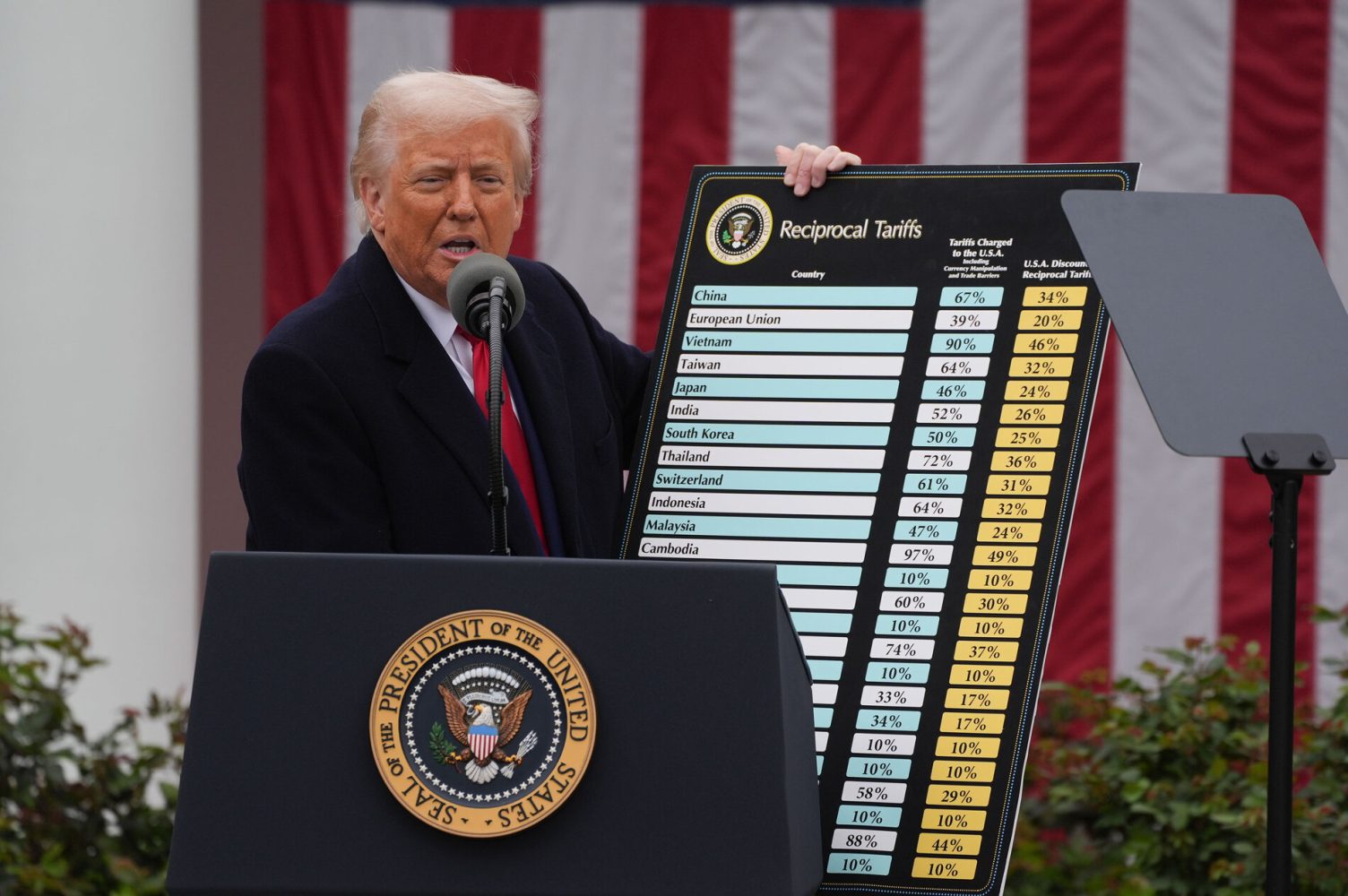





































![YouTube Announces New Creation Tools for Shorts [Video]](https://www.iclarified.com/images/news/96923/96923/96923-640.jpg)

![Apple Faces New Tariffs but Has Options to Soften the Blow [Kuo]](https://www.iclarified.com/images/news/96921/96921/96921-640.jpg)































































































































